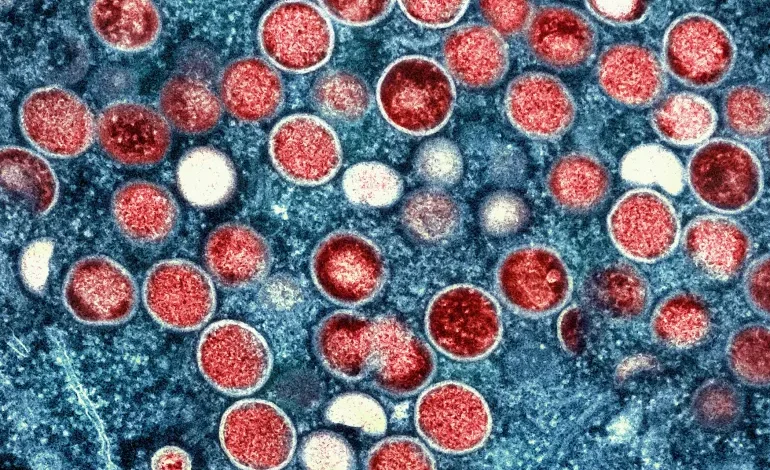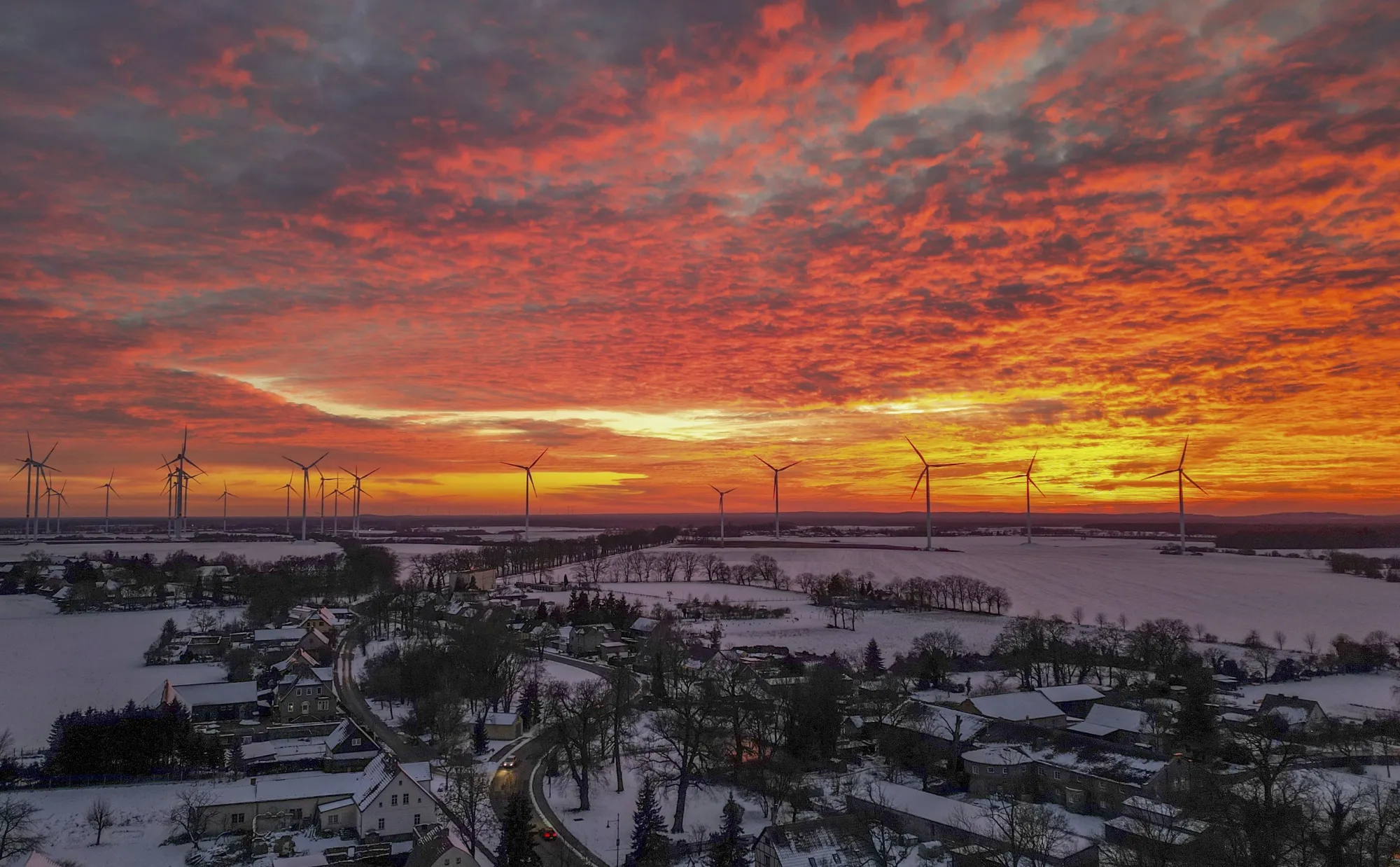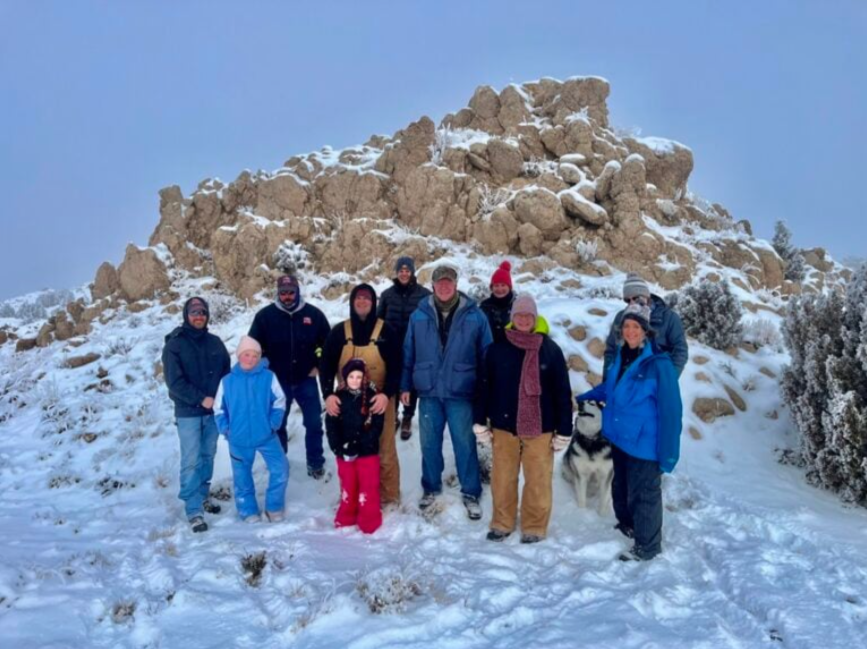Sierra Leone Declares Public Health Emergency After Mpox Cases Confirmed

Sierra Leone has declared a public health emergency after confirming two cases of mpox, a viral disease related to smallpox, Al Jazeera reports.
The announcement was made by Health Minister Austin Demby on Monday following the confirmation of the second case.
“The confirmation of two cases of mpox in the country has prompted immediate action as mandated by the Public Health Act,” Minister Demby told reporters. “
On behalf of the government of Sierra Leone, I am declaring a public health emergency.”
The first mpox case was reported last week, marking the country’s first known case since the African Union’s health watchdog declared a public health emergency over the growing outbreak on the continent in 2022. The second case was confirmed after a 21-year-old man developed symptoms on January 6th. According to the National Public Health Agency, neither patient had known contact with infected animals or other sick individuals. The first case did involve recent travel to the airport town of Lungi, in the northern Port Loko District, between December 26 and January 6. Both patients are currently receiving treatment in a hospital in Freetown.
Minister Demby said that the public health emergency “allows us to act immediately to mobilize the resources needed to contain the disease, prevent further spread and provide care to those affected.” He outlined several immediate measures, including heightened border surveillance and testing, as well as the launch of a national public awareness campaign. He reassured the public that Sierra Leone’s medical system is well-equipped to respond to the outbreak, citing experience gained during previous Ebola and COVID-19 outbreaks.
“We urge all citizens to remain calm, stay informed and report any suspected cases promptly to healthcare authorities,” Demby emphasized.
Mpox, also known as monkeypox, is caused by a virus from the same family as smallpox. Symptoms include a high fever and the development of skin lesions known as vesicles. While previously found mostly in Central and West Africa due to contact with infected animals, it was confirmed in 2022 to also spread via sex, triggering outbreaks in more than 70 countries that had not previously reported the disease.
The Democratic Republic of the Congo (DRC) has been the most affected country in Africa, reporting a vast majority of the roughly 43,000 suspected cases and 1,000 deaths on the continent this year.
Sierra Leone has a history of dealing with severe outbreaks. A decade ago, the country was the epicenter of the devastating Ebola outbreak that ravaged West Africa between 2014 and 2016, killing some 4,000 people, including almost 7 percent of the country’s health workers.








